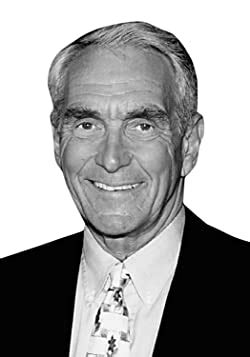A Quote by Margaret Thatcher
When we hear (as we sometimes do) that (Russia's) economic output is about half the level of a decade ago or that real incomes have fallen sharply, it is worth recalling that economic statistics under the Soviet Union were hardly more reliable than any other official statements. Moreover, a country that produces what no one wants to buy, and whose workers receive wages that they cannot use to buy goods they want, is hardly in the best of economic health.
Related Quotes
The European Union and environmental advocacy groups use global warming hysteria to advance their own special agendas. The European Union recognizes any significant reduction in CO2 emissions by the United States will significantly reduce its economic output, thereby bringing it closer to the inferior output of European nations.
Obama and the Democrats' preposterous argument is that we are just one more big tax increase away from solving our economic problems. The inescapable conclusion, however, is that the primary driver of the short-term deficit is not tax cuts but the lack of any meaningful economic growth over the last half decade.









































